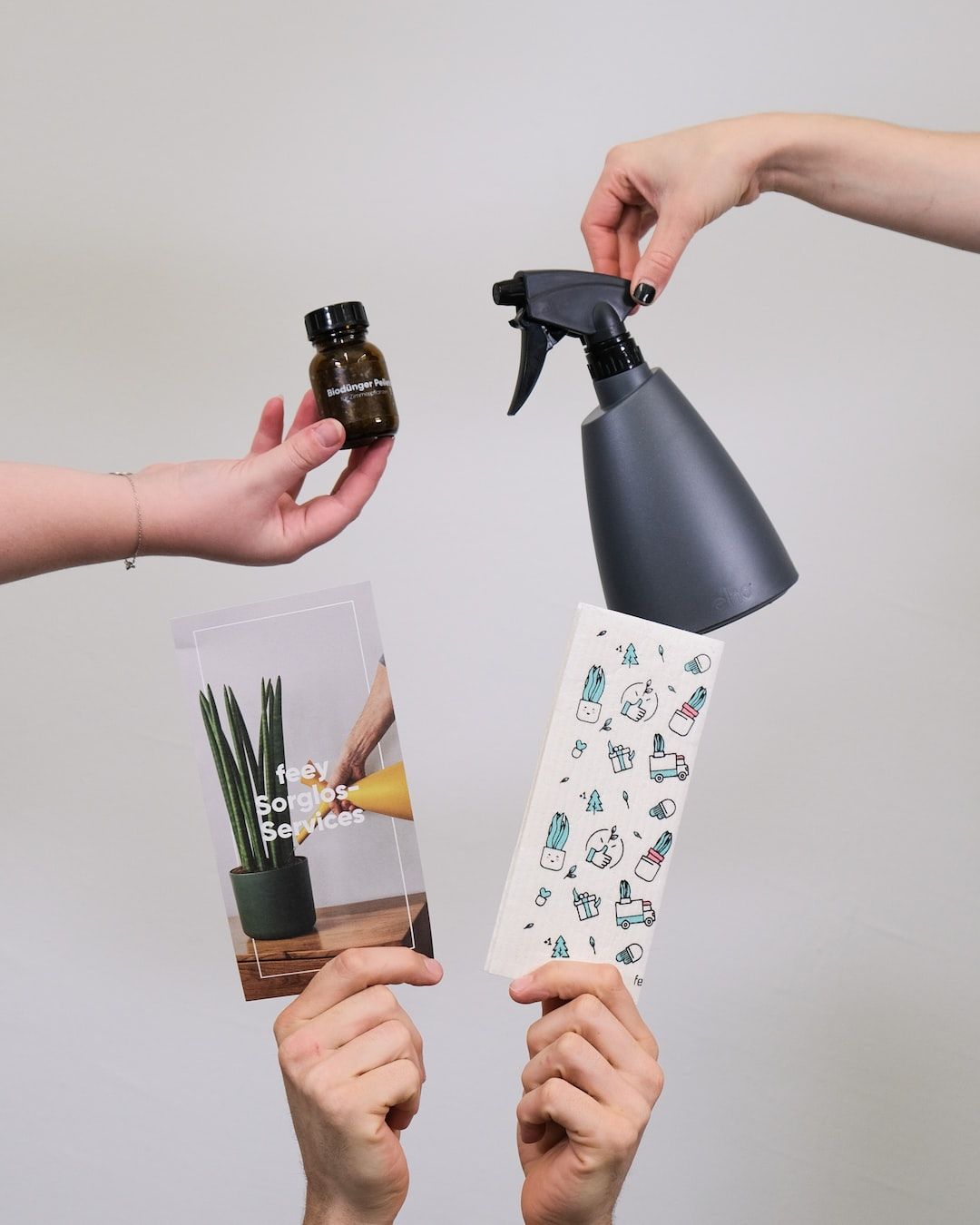
How to Apply Plant Fertilizer
Using fertilizer to grow plants can be a bit confusing at first, especially if you don't know the best way to apply it. There are several methods to apply Plant Fertilizer to your garden, including pre-plant application and the use of manure or dry fertilizer.
Pre-plant application
Increasing the level of nutrients in the soil is important for ensuring high yields. Pre-plant fertilization is one way to provide nutrients in the soil before planting a crop. It is an easy and effective way to ensure that the nutrients are available from the start of the growing season.
The amount of fertilizer applied before planting can vary depending on the crop, the soil texture, and the nutritional status of the soil. However, if the grower does not follow proper procedures, there are potential dangers to the crop, the environment, and the soil.
If the pre-plant application of nitrogen (N) is not done correctly, there is a possibility that N will be lost from the soil. This is due to denitrification, a process that occurs in the soil that converts nitrogen into nitrate N. This is considered a major environmental problem.
In addition to the nitrate form of N, there are two other forms. A fast-release form is typically applied as a foliar fertilizer. This is the most common method of fertilizing. Regardless of the type of N application, it is best to avoid applying it too soon, because it can cause harm to the seedling.
Another factor that affects the rate of N fertilizer is the weather. Rain and wet soils can cause large amounts of N loss. The risk of leaching also increases.
Dry fertilizer
Using the right type of fertilizer can ensure that your garden thrives, and that you end up with a bounty of fruits and vegetables. When it comes to choosing the best product for your needs, there are many factors to consider. Regardless of the type of fertilizer you choose, you want to make sure that it has the right amount of nitrogen, phosphorus and potassium.
Thankfully, dry fertilizers are very easy to use and store. They can be sprayed over your entire garden or spread over a single plant. However, you should remember to follow the manufacturer's directions when applying.
When selecting a fertilizer, look for an organic formula, which is more readily available to plants. You will be able to see results much faster.
Depending on your gardening preferences, you might want to consider using a liquid fertilizer. These are quick to act, and they are also more cost effective. They are a great way to correct deficiencies that may crop up during the mid-season.
If you're looking for something with more variety, you might consider using a mixture of both dry and liquid fertilizers. The most effective fertilizer is the one that has the right balance of the big three: nitrogen, phosphorus and potassium.
While most plants can take up nutrients through their roots, there are some that can absorb them through the leaves. Keeping your plants healthy will help you to enjoy a beautiful garden all season long.
Manure
Using manure as a plant fertilizer is an inexpensive and simple way to improve the health of your soil. It contains micronutrients, nitrogen and phosphorus, and helps plants absorb water and oxygen. However, if applied incorrectly, manure can cause damage to the crop and the environment.
Before applying manure, check its strength. You can determine the strength of the manure by looking at its color, texture, and composition.
Manure is composed of organic matter that is digested by bacteria in the soil. The bacteria convert the material into humus. This humus holds water and prevents light soils from drying quickly. In addition, humus enhances drainage in sticky clay soils.
In the fall, you can apply manure to your garden. You can also work it into the soil before planting. A good rule of thumb is to use about one quarter pound of manure per square foot of garden space.
Fresh manure is highly nutrient-rich. It contains high levels of nitrogen. The nitrogen is important for the rapid growth of plants. It is best mixed with compost, though. Besides, manure can rot on its own.
Some types of manure are more readily available than others. Horse, sheep, cow, and chicken manures are popular. You can collect animal waste from your backyard or local stables.
